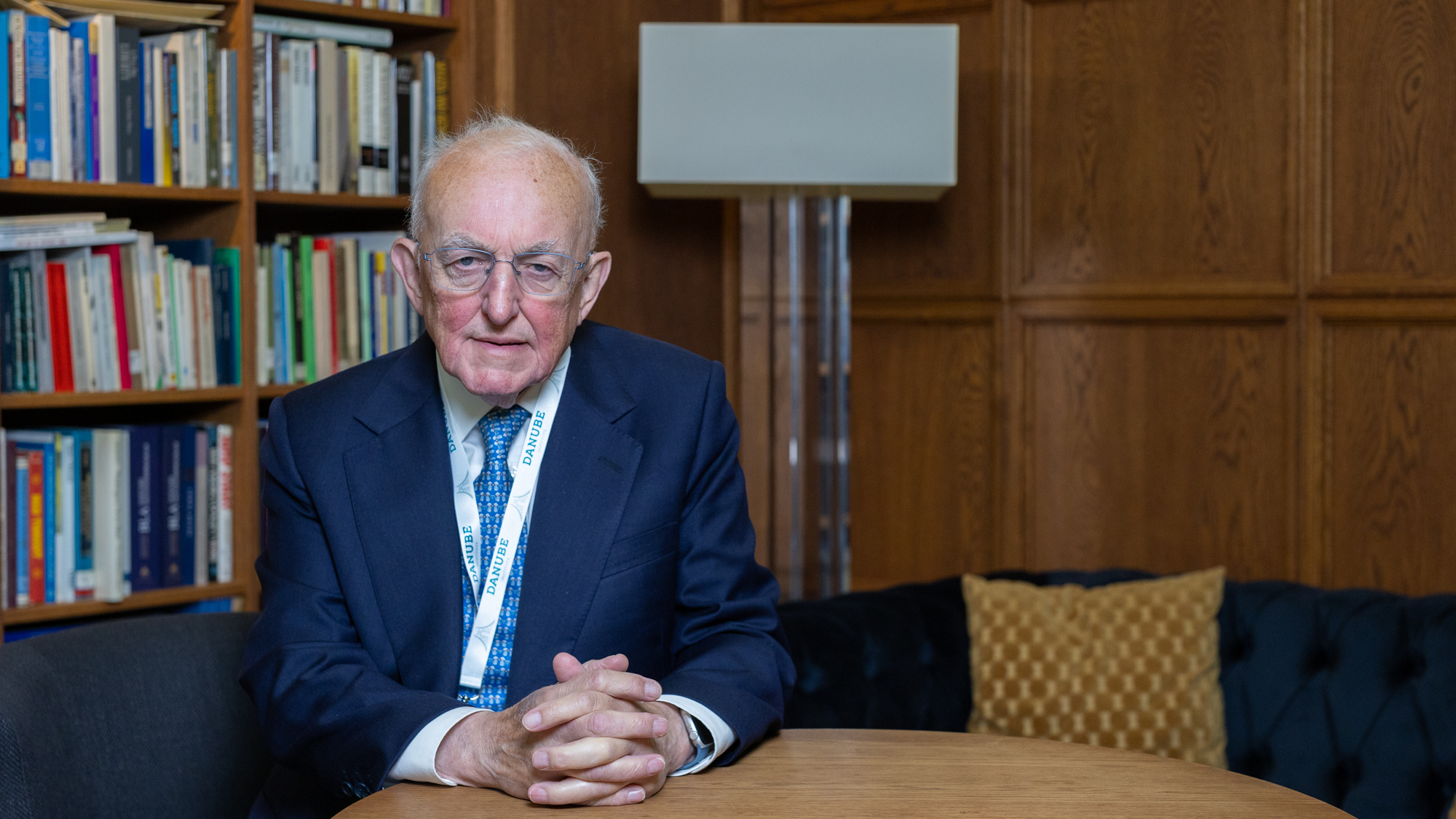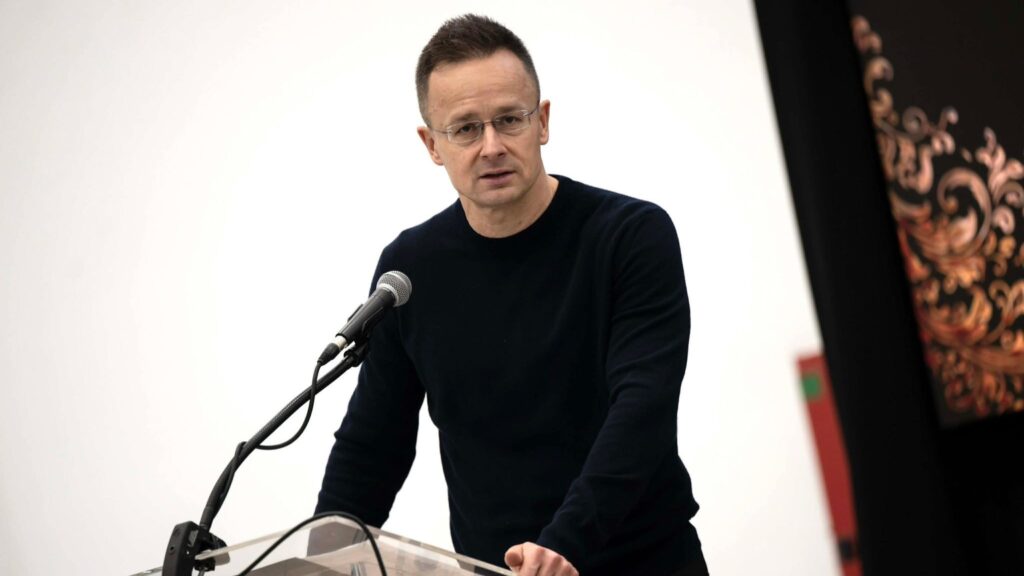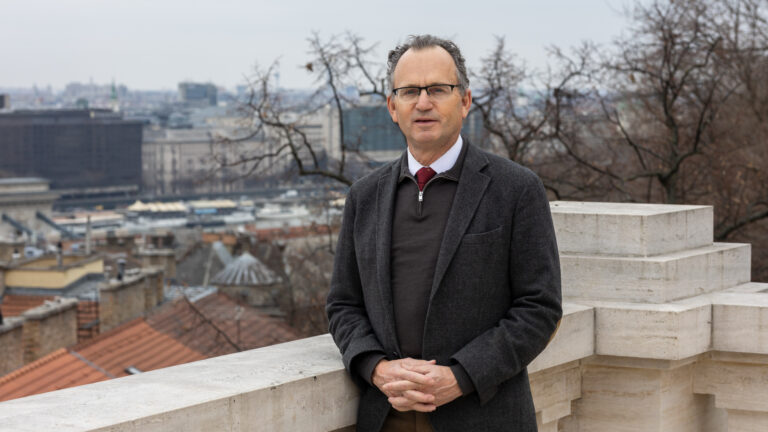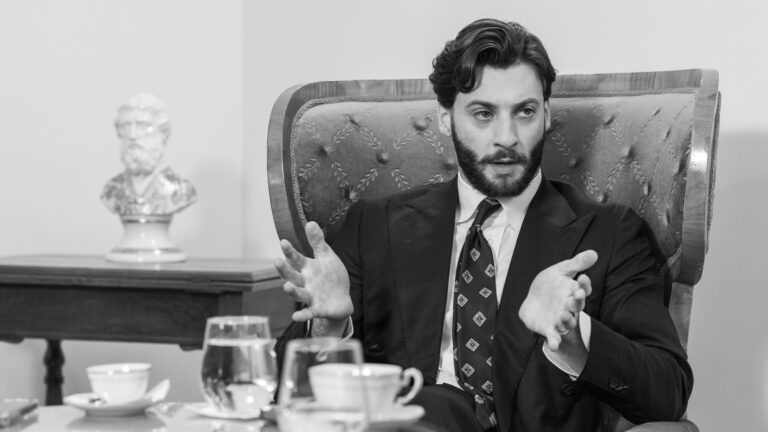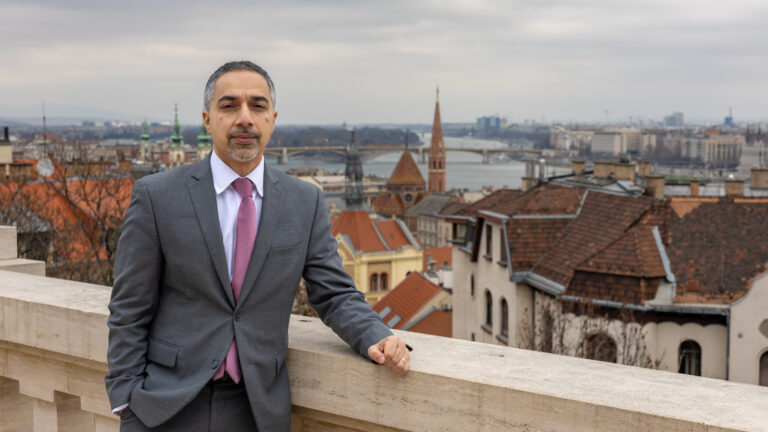Brian Griffiths, Baron Griffiths of Fforestfach, is a British economist, lecturer, and Conservative life peer. He was educated at Dynevor School in Swansea and at the London School of Economics where he obtained his BSc(Econ) and MSc(Econ). He began his academic career at LSE, then joined City University, where he became Professor of Banking and International Finance and later served as Dean of the Business School. In 1985, he became Margaret Thatcher’s chief policy adviser as Director of the Number 10 Policy Unit. Following that, he was Chairman of the Centre for Policy Studies. He has also held leadership roles in Goldman Sachs International, and was associated with the Conservative Christian Fellowship during 2000–2002.
***
First of all: what was the task of No 10 Policy Unit?
Basically, it was a small group of people, about nine during my time, all of whom were university graduates. That was out of around 25 to 30 people in the building with university degrees, so we were a significant part of the Downing Street team. We advised the Prime Minister on the full range of domestic policy. The way I organized it was that each member of the unit had a specific policy area. I myself focused on the economy, education, and broadcasting. Someone else covered energy, another home affairs, prisons, the police, and so on.
What took a Professor of Banking from a university to 10 Downing Street?
Well, I’d always been interested in politics, and I had stood twice in the general elections of 1974 as a conservative candidate in a hopeless seat in the north of England. But frankly, the invitation to me from Mrs Thatcher came totally out of the blue. I mean, it was a complete surprise.
Have you ever met her before? Where did she know you from?
She had read things I’d written. And I think the reason she appointed me was that I did know quite a lot about monetary policy and inflation. But also, I’d been very interested in Christian ethics as the basis of a responsible market economy. And she was very interested in economic policy. One, she controlled inflation; but secondly, she supported a market economy, which was a social market economy, and which had responsibility at the very heart of it.
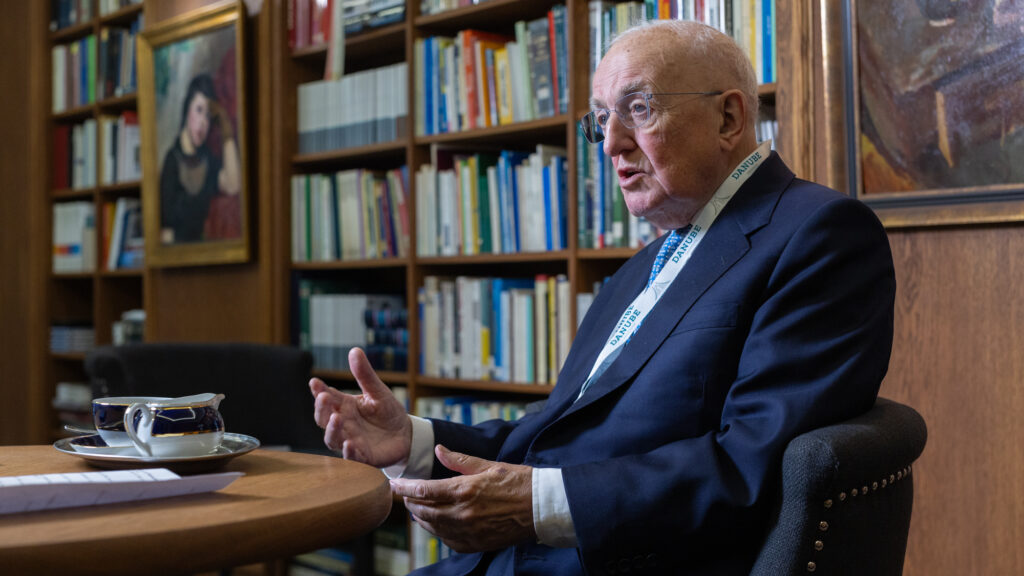
By the time you joined the team and became Director of the Unit, it was halfway through her 11 years in power as Prime Minister. By that time, in 1985, she had already handled inflation, overcome the recession, and reduced unemployment. So, you experienced the better side of her governance, right?
I certainly experienced, in that sense, the better side. By the time I got there, inflation was coming down—well, I say coming down, except the problem was that under Nigel Lawson, the Chancellor of the Exchequer, it went up again during my time there. She was very concerned that inflation was rising. From 3 per cent, it ended up at 9 per cent when she left office.
So, she had brought it down from 18 per cent to 3 per cent, but then it rose again, year by year, while Nigel Lawson was Chancellor, reaching 9 per cent. That’s why there was tension between them. And that’s why, in the end, those of us who said we must not peg the pound sterling to the ERM—the European Exchange Rate Mechanism—argued that we had to cut that off. We must not peg it.
‘One, she controlled inflation; but secondly, she supported a market economy, which was a social market economy’
Otherwise, if we pegged it, we would have no control over inflation. That was the tension between her and Lawson.
So part of her success was because of her good advisers.
Yes, I would say that.
Did she accept the advisers’ advices?
Yes, in the end, she really listened to our advice. She wouldn’t always take it, but I don’t think there was any advice I ever gave her which she didn’t accept. I mean, she would debate. If I said to her: ‘Prime Minister, I’ve got an idea,’ she would then ask me a hundred questions in a fiery, aggressive way.
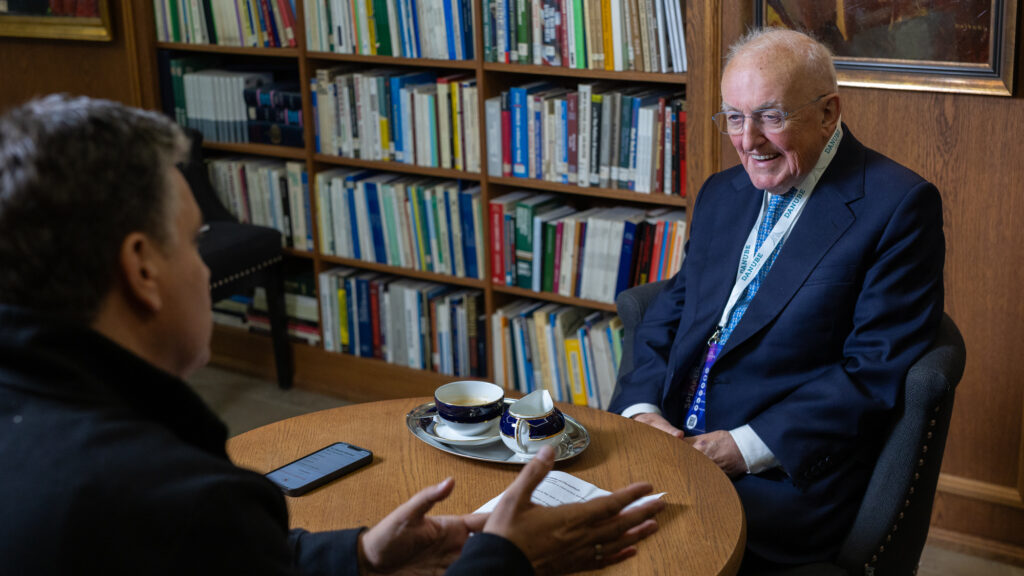
How often did you meet her to give advice? What was the method of giving advices in 10 Downing Street?
I could see her whenever I wanted to, or whenever she wanted to, but every Friday morning she saw the Cabinet Secretary for one hour and she saw me for one hour.
They were two different institutions: the Cabinet advisers and the Downing Street advisers, right?
The Cabinet Secretary was the head of the Civil Service. He was the most senior civil servant she consulted with. I was the head of the Policy Unit, and we were totally different. I mean, the Cabinet Secretary was a civil servant, and I was a political appointment—but it was still a public appointment.
What were the main characteristics of her personality as a politician?
I would say, as a personality, she was intellectually very curious. She was very proud to have been a scientist, so she had a very analytical mind. She strongly held certain values. Her worldview, I would describe, was Judeo-Christian. She was a strong Christian but recognized that Christianity came out of Judaism. She took that very seriously. And she was an internationalist. I mean, she knew we were part of Europe. She wasn’t anti-Europe at all. She was anti the attempt by Brussels to impose a certain view of Europe and a certain process for how European integration should happen.
‘She wasn’t anti-Europe at all. She was anti the attempt by Brussels to impose a certain view of Europe’
During the five years you served alongside her, what was the greatest hardship she had to face?
The greatest hardship she had to face? I think it was probably the misunderstanding around what was called the Community Charge, commonly known as the Poll Tax. Her view was that services provided locally should be paid for locally. So she said, if there’s a house with a single old-age pensioner, he should pay for what he uses—water, cleaning the streets, and so on. If there’s a married couple with four children, that’s six people. She said: ‘At present, they’re paying the same charge.’ People before me looked at it and said the only thing we could do was have some Community Charge or Poll Tax. It was misunderstood, and that decision predated me, but because of the misunderstanding, I think it was a key point in her downfall.
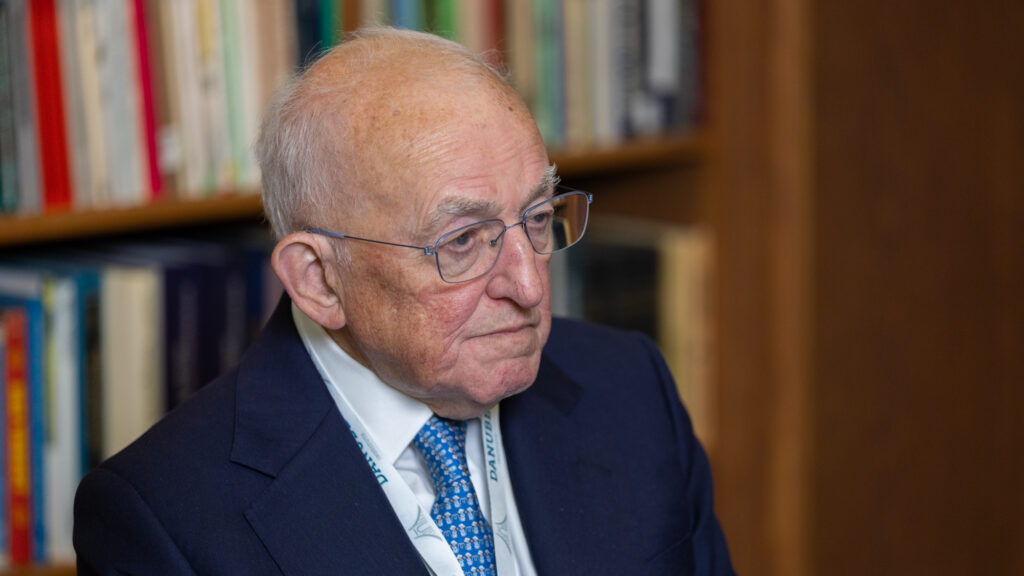
What was the most important political achievement she was proud of?
I would say, in terms of what the Policy Unit did for her, I would rate the change in education that she achieved in schools. It was absolutely key to winning the 1987 election. She completely changed the nature of primary and secondary education. Then John Major took it on and expanded it completely, and after that, Tony Blair accepted it totally. When Gordon Brown became Prime Minister, he never reversed it. It stands.
How would you sum up the notion of Thatcherism?
I would say Thatcherism is a great belief in the dignity of the human person and, therefore, human freedom—people being encouraged to be responsible citizens, to look after themselves, but also to have a responsibility to others. If she felt one of her greatest failures was having reduced taxation, she thought the British people would become much more generous in giving to charities and charitable establishments, much as Americans did—and that never happened. She felt very disappointed about that. She saw it as a great failure.
‘She thought the British people would become much more generous in giving to charities…and that never happened’
My final question: What do you consider to be Margaret Thatcher’s enduring political legacy in contemporary British politics?
I think her legacy is that you have to face reality as it is, and you need a political programme to tackle that reality. At present in Britain, our welfare state and defence expenditure are simply not viable in the medium term. They are impossible to deliver, and no government—Conservative or Labour—is prepared to tackle the real issues. The Conservatives have failed, and Labour are failing. That’s why Nigel Farage is winning. I don’t think Farage is really presenting the true picture—I think he’s presenting something of a fantasy. But that’s where we are. The reality will come when a political party stands up and says: ‘We are, at present, heading in a direction which is not possible to achieve what we say we can achieve.’ And it’s very, very tough to do that as a democratically elected politician.
Read more of our interviews:

